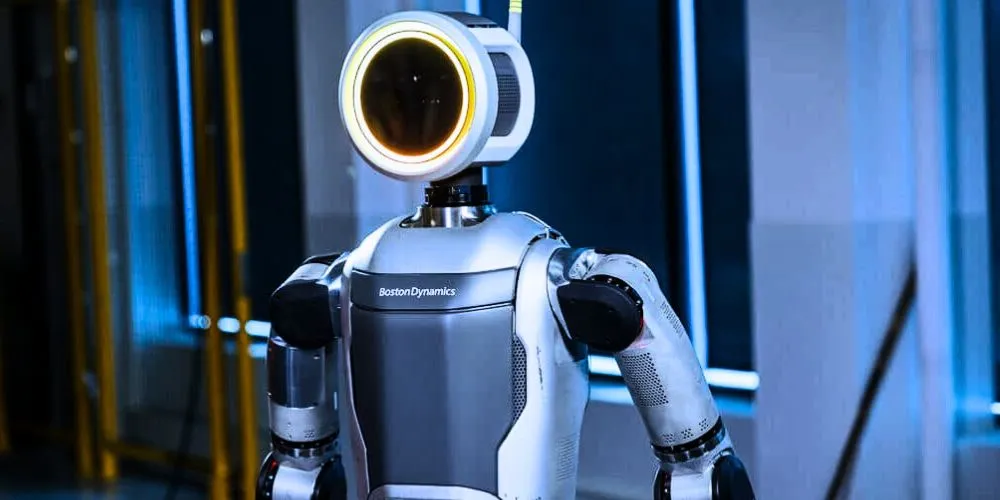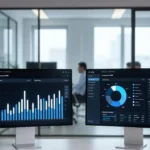Key Points
- Hyundai Motor Group and Toyota have teamed up to advance the development of humanoid robots, combining their expertise in robotics and AI.
- Hyundai’s Boston Dynamics will leverage the capabilities of its two-legged Atlas robot for the project, focusing on real-world task execution.
- Toyota’s Research Institute will contribute advanced AI models to help the robots quickly acquire new skills and perform complex tasks.
- Analysts suggest the partnership may extend to other areas, such as hydrogen fuel, increasing synergy between leading automakers.
Hyundai Motor Group and Toyota, two of the world’s top three auto manufacturers, have announced a partnership to accelerate advancements in artificial intelligence (AI) and robotics. The collaboration will leverage Hyundai’s Boston Dynamics and the Toyota Research Institute’s (TRI) expertise to create more capable, general-purpose humanoid robots.
At the heart of the partnership are Boston Dynamics’ Atlas robot, a two-legged humanoid known for its agility and physical capabilities, and Toyota’s Large Behavior Models (LBMs), specializing in advanced machine learning and AI. The integration of these technologies is expected to push the boundaries of humanoid robotics, providing robots with more robust, dexterous, and adaptive abilities. The two companies aim to develop robots that can perform complex tasks in various real-world scenarios by combining physical agility with AI-driven decision-making.
“This is an exciting time for the robotics industry,” said Robert Playter, CEO of Boston Dynamics. “Collaborating with TRI will allow us to expand the development of humanoids that can tackle many real-world problems.”
The joint project will focus on utilizing Atlas’ whole-body manipulation capabilities while gathering data from its performance to improve AI models. This data will help train Toyota’s LBMs, enabling the robots to quickly acquire new skills and refine their behavior across a wide range of tasks. Toyota’s chief scientist, Gill Pratt, emphasized the potential of AI and robotics to significantly enhance human life, noting that the collaboration will allow the two companies to explore groundbreaking innovations in AI and physical intelligence.
The partnership will address critical research areas like whole-body sensing, human-robot interaction, and safety. These are key elements in developing humanoid robots that can function autonomously and safely in human environments. The combined research efforts aim to answer fundamental questions about humanoid robot training models and ensure that AI-driven robots can operate reliably in real-world settings.
Yoo Ji-woong, an analyst at DAOL Investment & Securities, highlighted the broad implications of the partnership, noting that Hyundai and Toyota could expand their collaboration into other cutting-edge areas, such as hydrogen fuel technology and AI. Yoo also mentioned that this move could help Hyundai compete with other major players in the robotics space, such as Tesla and BMW, which have announced plans to introduce humanoid robots.
As Hyundai continues to explore its hydrogen business, this collaboration with Toyota underscores the companies’ shared vision for the future of robotics and AI. It brings together their strengths to develop innovative technologies that could transform industries beyond the automotive sector.




